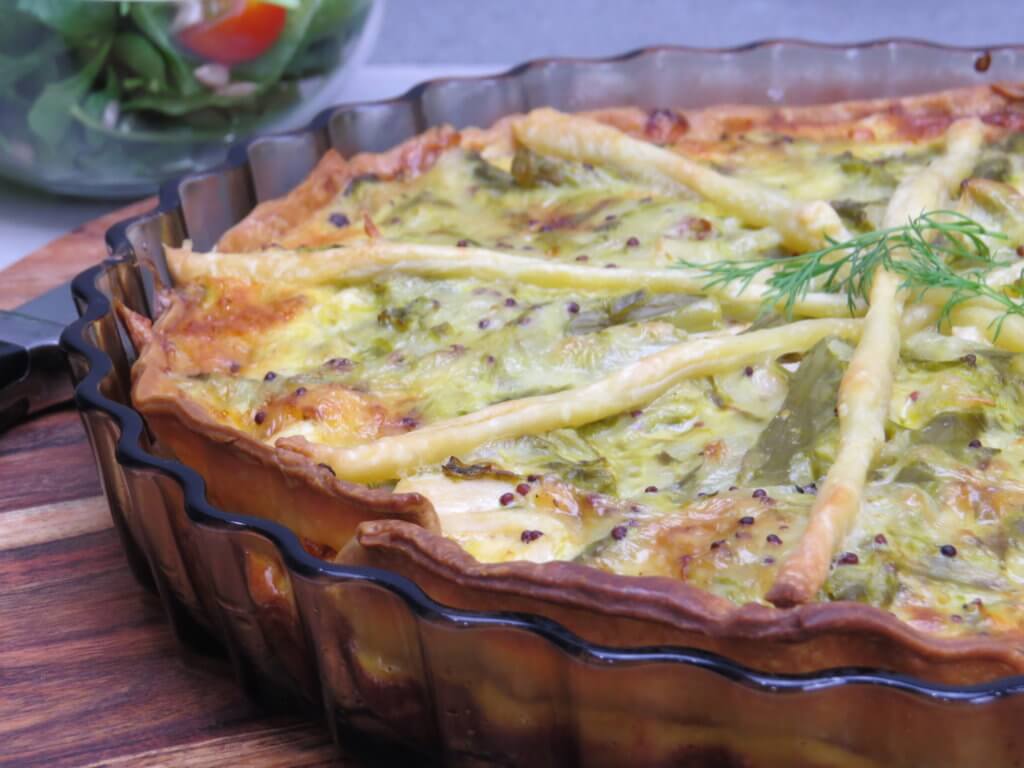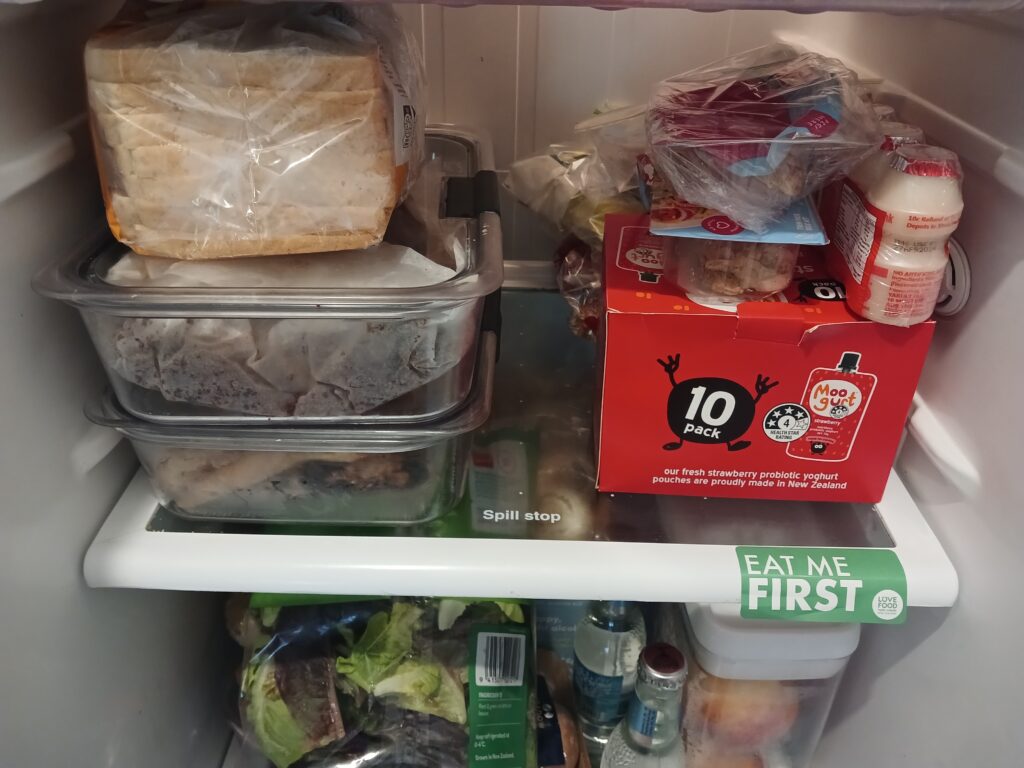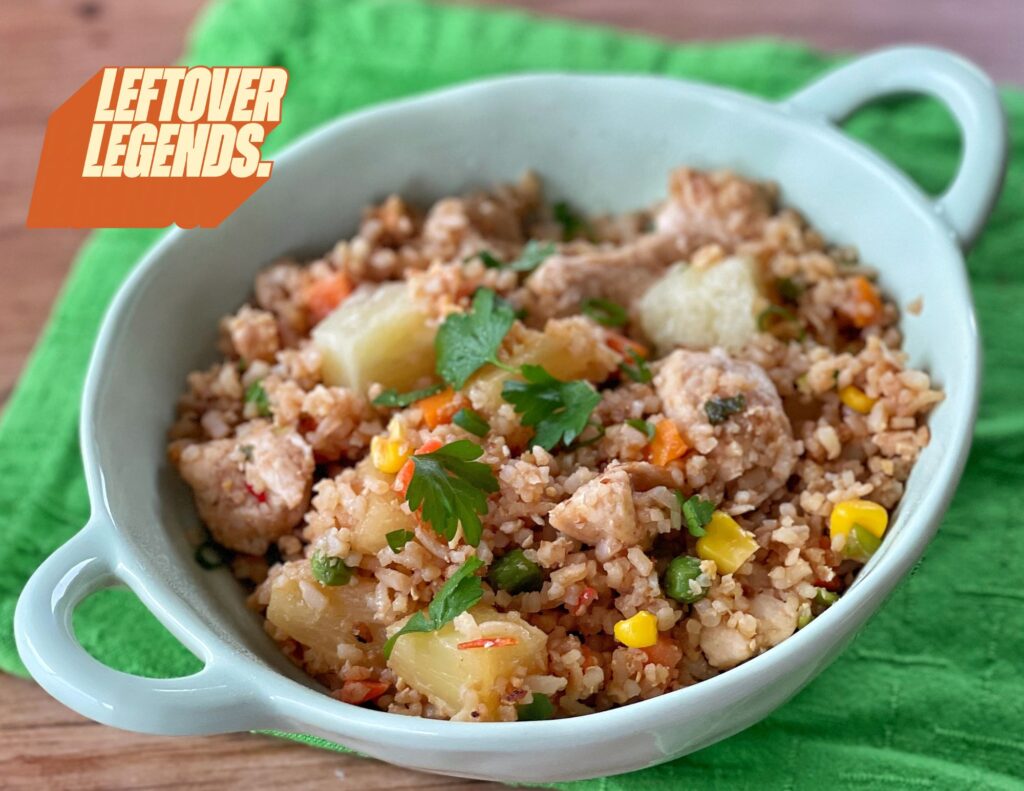12 August 2024
Transform Your Leftovers: Easy Tips to Reduce Food Waste and Save Money!

With over 12,901 tonnes of perfectly good leftovers ending up in bins every year, we’re on a mission to inspire Kiwis to become ‘Leftover Legends’ and embrace the art of cooking with their leftovers before they buy anything extra from the supermarket.
Learning how to reuse leftovers from the fridge can save families money and time while reducing your environmental footprint as less food enters the bin!
Why Eat Leftovers?

- Save Money
Eating leftovers means you get more value out of the food you’ve already purchased. Instead of throwing away perfectly good food, you can repurpose it into new meals, reducing your grocery bill.
- Reduce Food Waste
Food waste is a significant issue in New Zealand, with households throwing away an estimated 130,000 tonnes of food every year. By consuming leftovers, you’re directly contributing to a reduction in this waste, helping to conserve resources and protect the environment for future generations.
- Save Time
Leftovers are a convenient option for busy days. Instead of cooking from scratch, you can quickly reheat and enjoy a delicious meal, giving you more time to relax or focus on other tasks.
- Get Creative in the Kitchen
Transforming leftovers into new dishes can be a fun culinary challenge. It encourages creativity and can lead to discovering new favourite recipes. Leftover green vegetables such as spinach can be turned into Green Garden Crackers, and last night’s roast chicken can be turned into a delicious Chicken and Asparagus Tart.

Tips to Reduce Food Waste with Leftovers
- Plan Your Meals
Planning your meals for the week can help you buy the right amount of food and use up ingredients before they spoil. Make a list of meals you can create with leftovers, and include these in your weekly meal plan.
- Set Up an “Eat Me First” Shelf’

A simple yet effective strategy to reduce food waste in the home is to set up an “Eat Me First” shelf in your fridge. This dedicated shelf should be used to store items that need to be consumed soon, such as leftovers and perishable foods. Here’s how to do it:
- Choose a Visible Spot: Pick a shelf at eye level so it’s the first thing you see when you open the fridge.
- Label It Clearly: Use our Reusable Eat Me First stickers to label to mark the “Eat Me First” shelf. Or, get the whole family involved in decorating your own label.
- Communicate with Your Household: Make sure everyone in your household knows about the “Eat Me First” shelf and its purpose. Encourage them to check this shelf before reaching for other items.
- Monitor and Rotate: Regularly check the shelf and rotate items to ensure that older food is eaten first. This practice helps prevent food from getting lost and forgotten at the back of the fridge.
- Store Leftovers Properly
Proper storage is key to making sure leftovers stay fresh. Use airtight containers and label them with our Eat Me First Stickers including the date they were made. Store leftovers in the fridge for up to two days, or freeze them for a longer shelf life.
- Reheat Safely
When reheating leftovers, make sure they are heated to the right temperature to ensure they are safe to eat. Generally, food should be reheated until it is piping hot or reaches 75°C (165°F).
- Use Leftover Recipes
 Having a few go-to recipes for leftovers can make it easier to use them up. Here are a few ideas:
Having a few go-to recipes for leftovers can make it easier to use them up. Here are a few ideas:
- Soup: Combine leftover vegetables and meats with broth for a hearty soup.
- Stir-Fry: Toss leftover rice, vegetables, and protein in a hot pan until everything is cooked through for a quick stir-fry. Try VJ Cooks Pineapple Rice for an easy win with the family this week.
- Salads: Add leftover roasted vegetables or cooked meats to a fresh salad for a new twist.
- Meats: Use leftover BBQ or meat from stews to create easy wontons. Jax Hamilton shares her favourite fakeaway wonton recipe meal here.
Join the Leftover Legends Campaign’
Our Leftover Legends campaign runs for the month of August 2024. It’s is all about inspiring Kiwis to use up leftover rice, meat, and vegetables in new and exciting dishes.
We’re also debunking common food myths that discourage people from eating leftovers, so get cracking and become a ‘Leftover Legend’ by learning something new today.
By incorporating these tips into your daily routine, you can make a significant impact on reducing food waste. Eating leftovers is not just about saving money and time; it’s about making a positive change for our planet. At Love Food Hate Waste NZ, we believe that every small effort counts, and together, we can create a more sustainable future.
Do you have any leftover-saving tips or favourite recipes? Share them with us on our social media channels, and let’s inspire others to become Leftover Legends!